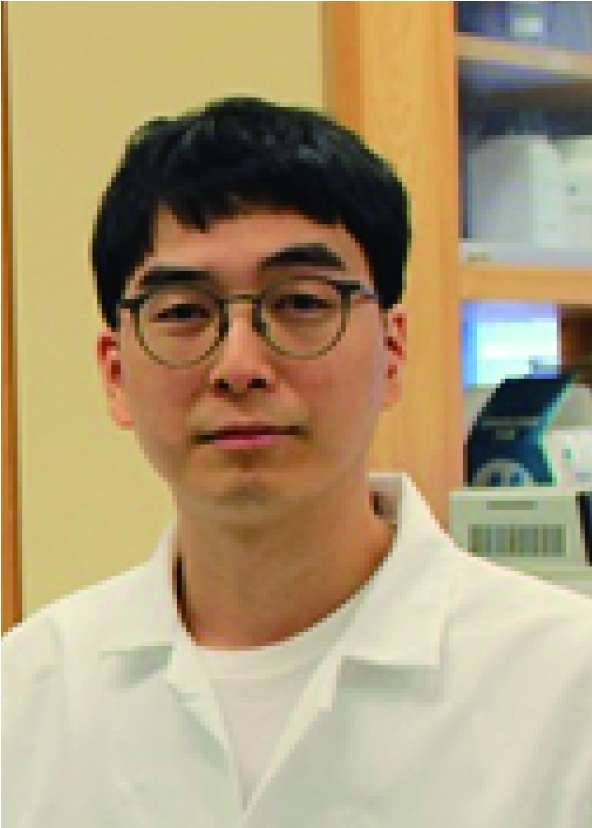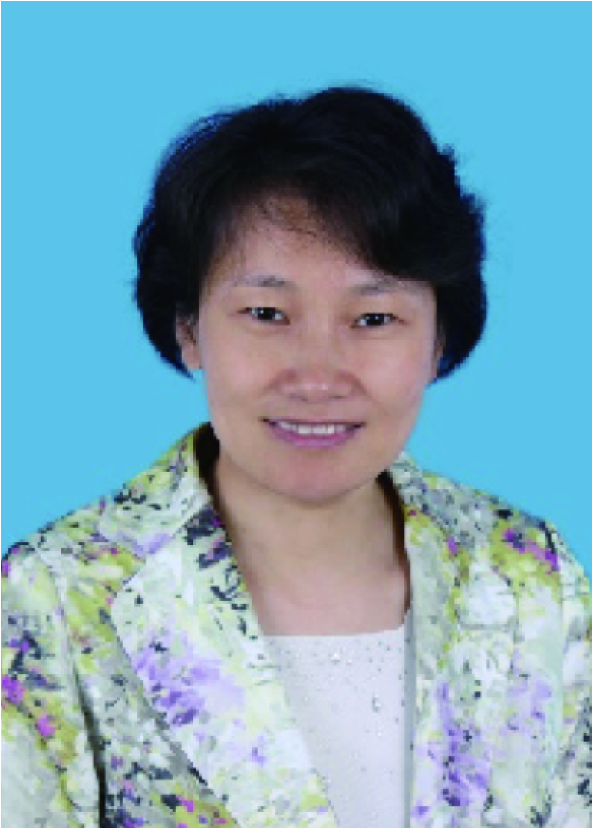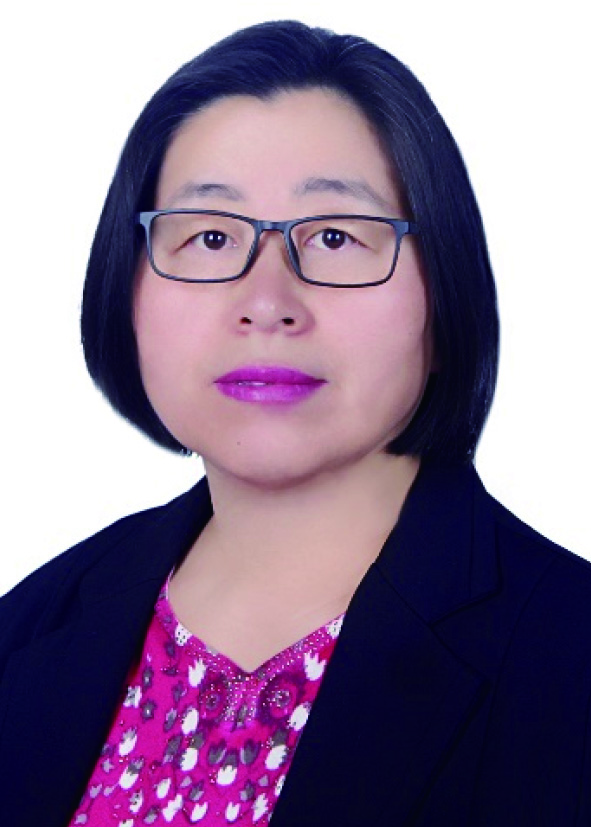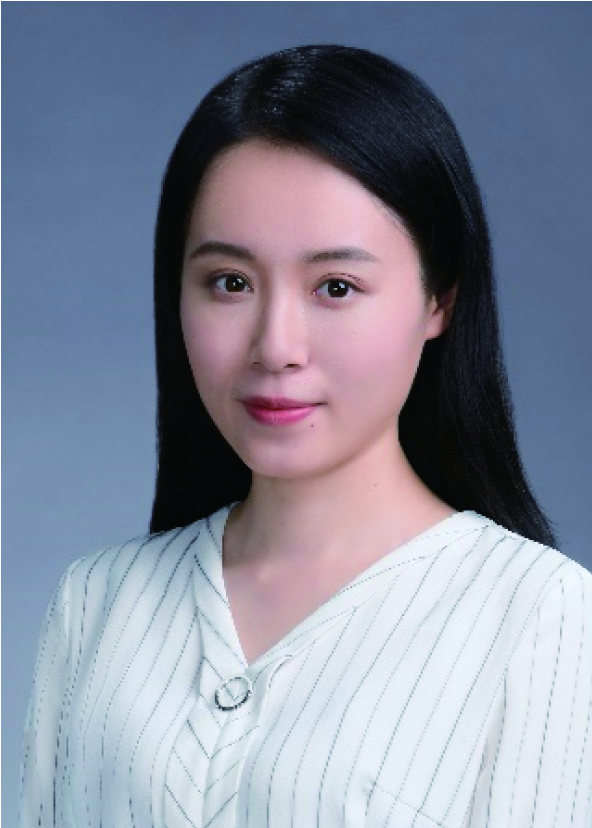
| Citation: |
Zhao Li, Xiangmei Lin, Dongxian He, Yingxin Ma, Yuanjing Lin. Preface to Special Issue on Novel Semiconductor-biochemical Sensors[J]. Journal of Semiconductors, 2023, 44(2): 020101. doi: 10.1088/1674-4926/44/2/020101
****
Z Li, X M Lin, D X He, Y X Ma, Y J Lin. Preface to Special Issue on Novel Semiconductor-biochemical Sensors[J]. J. Semicond, 2023, 44(2): 020101. doi: 10.1088/1674-4926/44/2/020101
|
Preface to Special Issue on Novel Semiconductor-biochemical Sensors
DOI: 10.1088/1674-4926/44/2/020101
More Information
-
References
[1] Liang Y Q, Mao G B, Dai J B, et al. Biofunctionalized semiconductor quantum dots for virus detection. J Semicond, 2023, 44, 023101 doi: 10.1088/1674-4926/44/2/023101[2] Zheng J H, Feng C Y, Qiu S Y, et al. Application and prospect of semiconductor biosensors in detection of viral zoonoses. J Semicond, 2023, 44, 023102 doi: 10.1088/1674-4926/44/2/023102[3] Liu X F, Qiu S Y, Fang H P, et al. A brief review and perspective of nucleic acid test biosensors for salmonids viral diseases detection. J Semicond, 2023, 44, 023103 doi: 10.1088/1674-4926/44/2/023103[4] He J Y, Chen K, Zhai J F, et al. Advanced biosensing technologies for monitoring of agriculture pests and diseases: A review. J Semicond, 2023, 44, 023104 doi: 10.1088/1674-4926/44/2/023104[5] Wang J J, Xu B X, Zhu Y F, et al. Microcantilever sensors for biochemical detection. J Semicond, 2023, 44, 023105 doi: 10.1088/1674-4926/44/2/023105[6] Shi Y Q, Zhang Z Y, Huang Q Y, et al. Wearable sweat biosensors on textiles for health monitoring. J Semicond, 2023, 44, 021601 doi: 10.1088/1674-4926/44/2/021601[7] Cao B P, Dai C H, Wang X J, et al. Ultrasensitive detection of methamphetamine by antibody-modified transistor assay. J Semicond, 2023, 44, 022001 doi: 10.1088/1674-4926/44/2/022001[8] Yang L, Huang Y Z, Song Z G, et al. A 640 × 640 ISFET array for detecting cell metabolism. J Semicond, 2023, 44, 024101 doi: 10.1088/1674-4926/44/2/024101 -
Proportional views














 Zhao Li:received his Ph.D. degree in Physical Electronics from the University of Chinese Academy of Sciences in 2017. From 2017 to 2021, he worked as a postdoctoral researcher in Ping Wang's lab at the Perelman School of Medicine, University of Pennsylvania. His research interests focus on developing and validating of innovative point of care devices with novel biosensors and microfluidics. Since 2021, he has started as a full professor in the Institute of Semiconductors, Chinese Academy of Sciences, working on the development of novel biochemical sensors and medical testing equipments
Zhao Li:received his Ph.D. degree in Physical Electronics from the University of Chinese Academy of Sciences in 2017. From 2017 to 2021, he worked as a postdoctoral researcher in Ping Wang's lab at the Perelman School of Medicine, University of Pennsylvania. His research interests focus on developing and validating of innovative point of care devices with novel biosensors and microfluidics. Since 2021, he has started as a full professor in the Institute of Semiconductors, Chinese Academy of Sciences, working on the development of novel biochemical sensors and medical testing equipments Xiangmei Lin:got her Doctor's Degree on Veterinary Pathology in 1998 at Nanjing Agricultural University. Her research interests include detection and monitoring technologies for animal diseases, zoonotic diseases, foreign animal diseases and monitoring technologies of genetically modified animals detection
Xiangmei Lin:got her Doctor's Degree on Veterinary Pathology in 1998 at Nanjing Agricultural University. Her research interests include detection and monitoring technologies for animal diseases, zoonotic diseases, foreign animal diseases and monitoring technologies of genetically modified animals detection Dongxian He:is working in the College of Water Resources and Civil Engineering, China Agricultural University, and is the scientist of intelligent control technology in National Medicine Industry Technology System and Key Lab. Agricultural Engineering in Structure and Environment of Ministry of Agriculture and Rural Affairs. She graduated from Chiba University, Japan, and has long been committed to the R & D of LED plant factories and information monitoring technology
Dongxian He:is working in the College of Water Resources and Civil Engineering, China Agricultural University, and is the scientist of intelligent control technology in National Medicine Industry Technology System and Key Lab. Agricultural Engineering in Structure and Environment of Ministry of Agriculture and Rural Affairs. She graduated from Chiba University, Japan, and has long been committed to the R & D of LED plant factories and information monitoring technology Yingxin Ma:received her Ph.D. degree in Biochemistry from Beijing University of Chemical Technology in 2016. She is currently a professor in Shenzhen Institutes of Advanced Technology, Chinese Academy of Sciences. Her research interests are focused on fluorescence nanosensors, labeling and imaging of virus
Yingxin Ma:received her Ph.D. degree in Biochemistry from Beijing University of Chemical Technology in 2016. She is currently a professor in Shenzhen Institutes of Advanced Technology, Chinese Academy of Sciences. Her research interests are focused on fluorescence nanosensors, labeling and imaging of virus Yuanjing Lin:received her Ph.D. degree in Electronic and Computer Science, Hong Kong University of Science and Technology in 2018. From 2019 to 2020, she was a Postdoctoral Fellow in Electrical Engineering and Computer Sciences at the University of California, Berkeley. She is currently an Assistant Professor at the Southern University of Science and Technology. Her research interests focus on nanomaterial innovation for wearable and printable electronics, micro/nanostructured sensors, flexible energy storage devices and their applications in smart systems
Yuanjing Lin:received her Ph.D. degree in Electronic and Computer Science, Hong Kong University of Science and Technology in 2018. From 2019 to 2020, she was a Postdoctoral Fellow in Electrical Engineering and Computer Sciences at the University of California, Berkeley. She is currently an Assistant Professor at the Southern University of Science and Technology. Her research interests focus on nanomaterial innovation for wearable and printable electronics, micro/nanostructured sensors, flexible energy storage devices and their applications in smart systems




 DownLoad:
DownLoad: